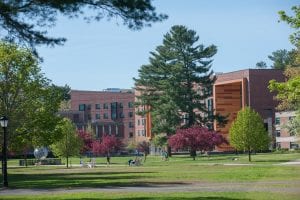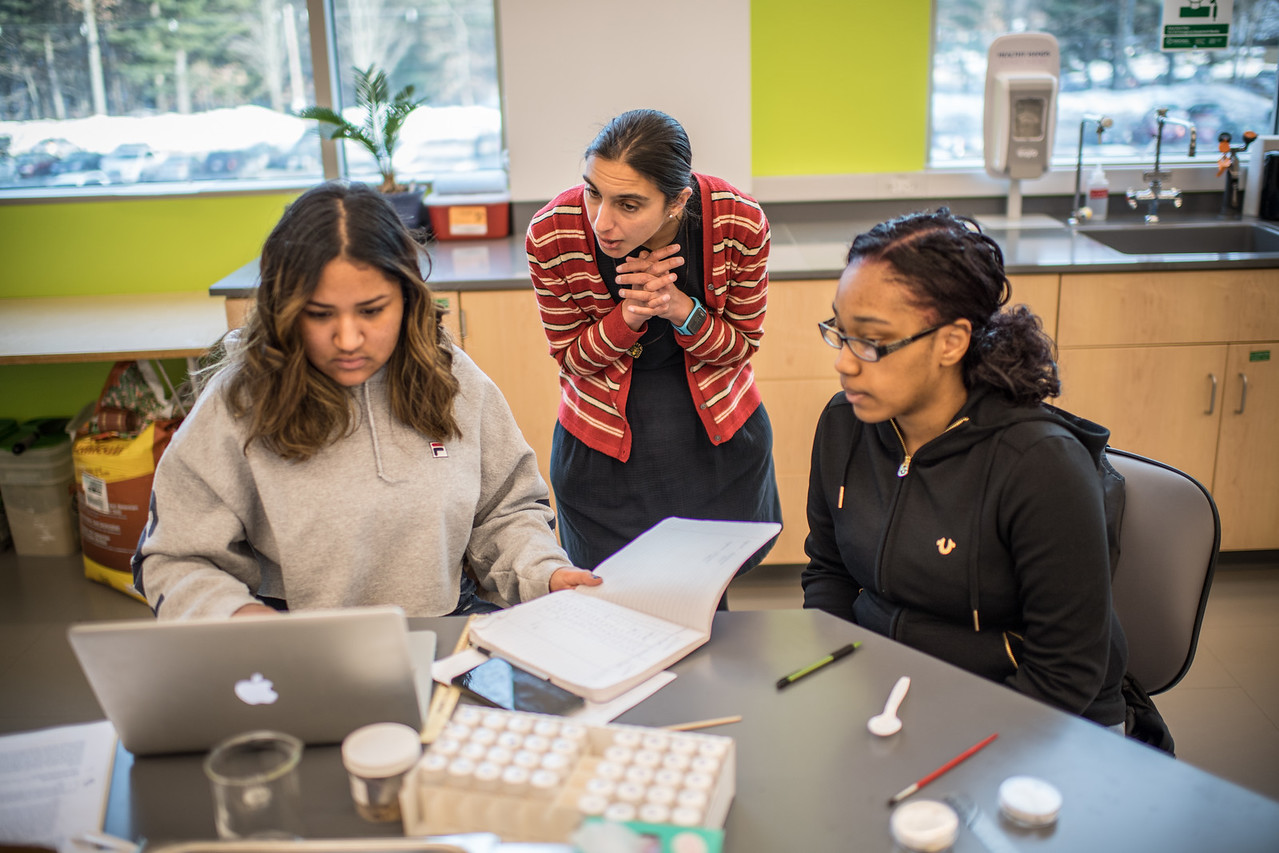By Ramon S. Torrecilha, president of Westfield State University, and Mildred García, president of the American Association of State Colleges and Universities.

Westfield State University President Ramon S. Torrecilha. (Photo submitted)

MILDRED GARCIA
The recent college admissions scandal covered extensively in the media involved celebrities and other affluent parents using a “side door” to get their children admitted to the nation’s most prestigious universities.
This shameful behavior underscores our nation’s infatuation with the most elite schools in the land and the belief that attendance there can result in a leg up in the professional world.
This fascination with elite universities may obscure the basic facts about which institutions are actually having the greatest impact on local economies. Regional public universities like Westfield State University are providing critical access to higher education to students who have historically been shut out of this opportunity. These universities are also providing a talent pipeline to local employers and industries.
Westfield State University is a member of the American Association of State Colleges and Universities, an organization made up of nearly 400 institutions, offering high quality, affordable education to millions of students.
It is not that we are offering a practical education, but rather, one with practical relevance. Westfield State and its sister public state universities have a direct hand in advancing social mobility and strengthening the college-going population.
Regional public universities are publicly funded institutions, but they are distinct from flagship state universities. While they are not necessarily known for their research, they are known for educating students for professions in demand in their communities. Students tend to come from in-state and generally in fairly close proximity to campus.

A professor offers classroom instruction to Westfield State University students. (Photo submitted)
While students (and parents) everywhere are challenged by the high cost of a college education, students at these universities have even greater economic challenges. For many, they are the first in their family to attend a college or university, which may mean they come from a family with less income and fewer resources to help them with the expense.
These schools are also seeing a larger increase in enrollment of non-white students than private colleges and universities. According to Pew research, the share of non-whites enrolling in community and public four-year colleges and universities each has increased by 19 percentage points in the past 20 years, but only 10 points at private nonprofit four-year institutions.
Because lack of funds can be disruptive to a college education, often requiring students to sit out semesters while they work and accumulate the funds they need to return, it is very important for regional public universities to stay focused on retention. With every semester spent away from school, the chances increase that the student will not return to complete their education.
At Westfield State University, some 70 percent of African-American and Latinx students are accumulating credits on time. While this represents the majority of these students, it is still roughly 10 percent less than non-minority students. We can do better.
For many of the students we serve, completing a college education is the most important tool for social mobility and achieving a career – and level of success – that was unattainable to earlier generations. Regional public universities are engines of social mobility, providing access and opportunity for many underrepresented populations. Education, in this instance, is pure empowerment. A 2015 Georgetown University study found that the difference in lifetime earnings between a college and high school graduate is $1 million.

Westfield State University Quad in springtime. (Westfield State University Photo)
How do we ensure social mobility for our students? We make sure they have the tools needed in the modern workplace. For instance, we emphasize experiential education and a curriculum highly focused on skills development. Practical and impactful learning is a cornerstone to the student experience. For example, as we have learned from employers, Westfield State graduates are less intimidated by challenges in the workplace and can be nimble and adapt to change well.
Not every student will graduate with a technical skill set like computer coding, and they don’t necessarily need to. What they do need is to learn to be adaptable and possess the ability to interchange one set of learning for another as workplace technology evolves at a rapid pace.
The research is clear: our state colleges and universities remain central to our communities and stand as crown jewels in ensuring our country’s competitiveness and standing in the world. Westfield State and public regional universities across New England and the nation remain laser focused on student success and preparing productive members of society who will make lasting and important contributions to the nation.








